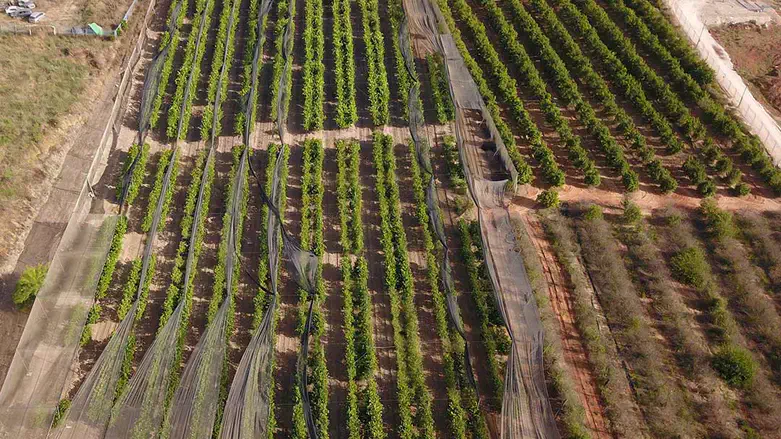


Parashat Behar begins with the mitzvot of shemita and yovel (jubilee). The next parasha, on the other hand, describes what will happen if we do not keep these mitzvot - exile: "Then the land will enjoy its Sabbaths, as long as it lies desolate, and you are in your enemies' land. Even then the land will rest and enjoy its Sabbaths. As long as it lies desolate it shall have rest, even the rest which it didn't have in your Sabbaths, when you lived on it". (Leviticus 26, 34-35).
Why is the punishment for shemita so severe? What is the connection between the shemita and the galut? To understand this, one must understand the depth of the shemita and the yovel.
Shemita and Yovel have two significant impacts on society: a correction in the social realm, and a correction in the spiritual realm. The social aspect includes mitzvahs such as the cancellation of debts in the "Shemitat ksafim", the opportunity given to all the poor to eat from the crops in the Shemita, the release of all slaves and the return of the lands to their original owners in the Yovel. In addition, shemita and yovel direct us to spiritual correction: by abandoning the fields in the shemita, and by returning them to their previous owners in the yovel, we learn humility and trust in Hashem, and we are reminded that the land does not belong to us, but to him. Rav Kook says (the introduction to "Shabbat Ha'aretz") that these corrections are critical to building our national life correctly.
The exile, which at first looks like a punishment for sin, is explained according to Rav Kook (ibid.) as a correction too. Our removal from full national life during the exile causes us to correct social corruption and error. The removal from a life of economic-agricultural stability and land ownership cleanses us of arrogance before hashem. The people of Israel therefore remained in exile until the correction penetrated deep enough, in a way that would allow them to return to the land without directly returning to the broken spiritual state they were in before.
This idea that exile is supposed to produce a correction in us, can teach us something deeper: exile itself is not a punishment but a lesson. The exile is supposed to teach the Jews living in the Land of Israel lessons that they might forget when they enter the Land and have their own land and their own country. The Torah in chumash Devarim warns us of such a phenomenon (Deuteronomy 8, 7-18): "For Hashem your God brings you into a good land … Beware lest you forget Hashem your God … lest, when you have eaten and are full, and have built goodly houses, and lived therein … that your heart becomes proud, and you forget Hashem your God … Lest you say in your heart, "My power and the might of my hand has gotten me this wealth." But you shall remember Hashem your God, for it is He who gives you power to get wealth …".
Exile, like Shemita and Yovel, is supposed to remind us of lessons such as to trust in Hashem, to stay away from arrogance, and to stay away from social corruption and materialism.
The connection of the Jewish-Israeli community with the Jewish communities in the Diaspora can be a key in maintaining these things. The very fact that a part of Am Israel has not yet returned to the land allows the State of Israel and the Jews living in it to learn the diasporic perspective, which reminds us of the life in galut and the values we had to learn during the galut. Be'ezrat hashem, may we succeed by strengthening the Zionist kollels in the Diaspora, both to spread "Torat Eretz Israel" in the Diaspora, and, no less important, to connect Israel to the Torah of the galut and the spiritual messages it can teach us.
For comments: yonyon759@gmail.com